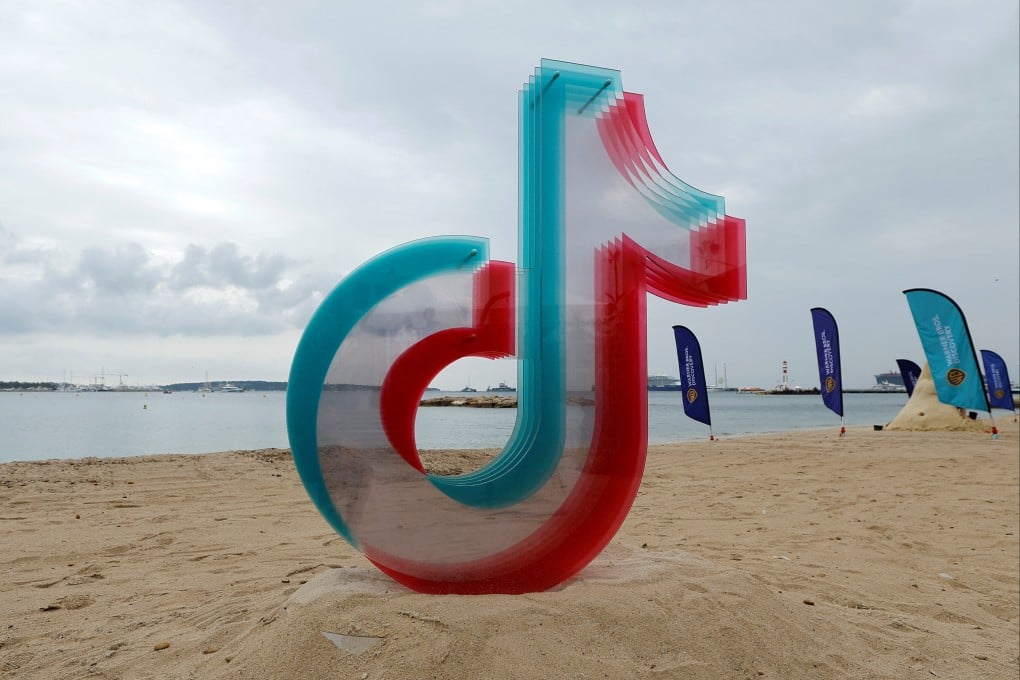Opinion | China’s muted presence at Cannes advertising festival highlights darker consumption outlook
- Tiktok, AI innovation and the Indian market were in the spotlight at the Oscars for ads this year. There was less excitement over the Chinese market
- As Beijing looks to boost consumption, it should consider giving online marketing a freer rein

China didn’t use the Lions to announce that it is open for business. Its muted presence contrasted with the beachfront sanctuaries of Google, Meta, Amazon, Dentsu and even newcomer Saudi Research and Media Group. Yes, a Chinese agency did win a Titanium Lion, the country’s first. But the United States overwhelmingly dominated the awards, followed by Brazil and Britain. In the Asia-Pacific, Australia, India, New Zealand and Japan were the top winners.
I detected no real buzz about the China market at the festival, attended by some 15,000 people, unlike the excitement over Latin America, Saudi Arabia or India, or around the topics of AI, diversity and Generation Z, or even about the Foo Fighters concert.
It suggests a darker outlook for China’s consumption this year, amid speculation among local media buyers that ad budgets were contracting. It is hard to imagine how the world’s largest e-commerce market can thrive in the long term without unfettered communications, which marketers leverage to reach out to consumers, especially when spending confidence is flagging.

